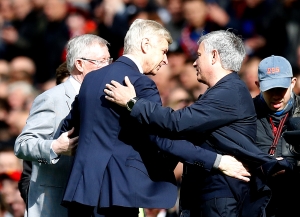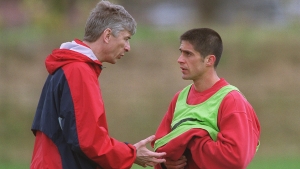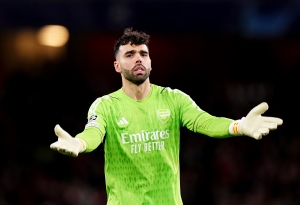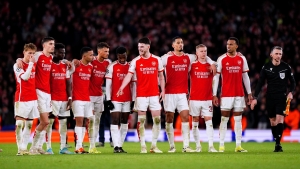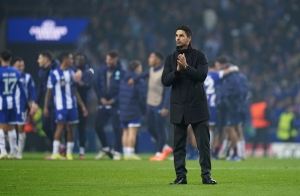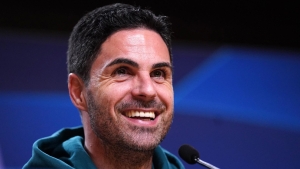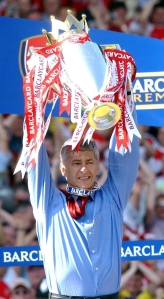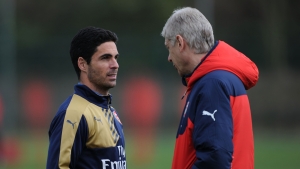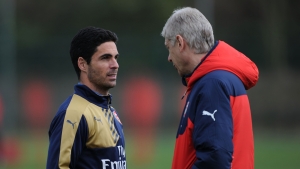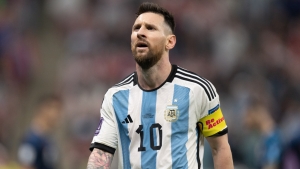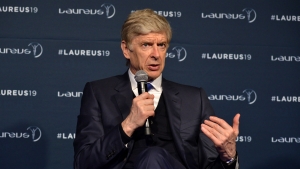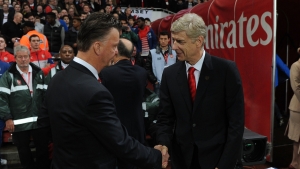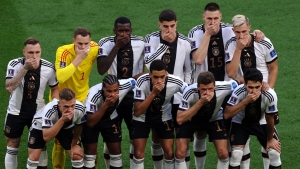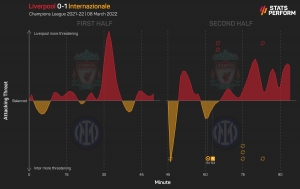Lionel Messi's stunning performances at the 2022 World Cup "show the evolution of modern sport", according to former Arsenal manager Arsene Wenger.
Wenger made the observation while speaking alongside Germany legend Jurgen Klinsmann at a press conference for FIFA's Technical Study Group.
The tournament in Qatar has seen a number of older players feature in starring roles for their national teams, with 35-year-old Lionel Messi set to lead his Argentina team out against France in the World Cup final.
Luka Modric, 37, impressed for Croatia as they reached the semi-finals, while Olivier Giroud will likely lead the line for France on Sunday having broken Thierry Henry's record as Les Bleus' all-time top goalscorer at the age of 35.
At the other end of the scale, 19-year-old Jude Bellingham was a driving force in England's run to the quarter-finals and Kylian Mbappe, at 23, can become the youngest player to win two World Cup finals since Pele if France are victorious against Argentina.
Wenger feels this World Cup is demonstrating how modern sport is advancing, with new technology helping participants to lengthen their careers.
"I managed [Arsenal] in 2006 against Barcelona in the Champions League final and Messi was already starting to play," Wenger said at the press conference.
"That’s 2006, we are in 2022 – that’s 16 years later and he’s still in contest for being player of the tournament.
"This tournament shows the evolution of modern sport.
"This tournament is the tournament of young players who are ready earlier and earlier in top-level sport, and as well the tournament of players who last longer and longer than ever before.
"We have not experienced World Cups with 35-year-old players being dominant, but we have Giroud, we have Messi, Modric – 37 – dominant players at this tournament.
"It shows that despite all the negativity about health and welfare of players, the life of a top-level sportsman lasts longer. They are ready earlier and they finish later."
Sunday's match likely represents the final chance for Messi to get his hands on the World Cup, the trophy that has eluded him for so long, including a heartbreaking extra-time defeat to Germany in the 2014 final.
With Messi potentially about to crown his career, Klinsmann believes there is a strong desire in the game for Argentina's star man to finally lift international football's top prize.
"Messi - everybody wants him to do well," Klinsmann stated. "We talked before the tournament about the big superstars who will put their stamp on the tournament and most of them delivered.
"Most of us are Messi fans no matter what. We want him to win the World Cup and be seen on the same level in his home country as [Diego] Maradona.
"We all know that for [Cristiano] Ronaldo and Messi it could be the last tournament. They have established themselves on the world stage for the last 15 years."
Klinsmann cited Mbappe as the potential heir to Messi and Ronaldo's throne, adding: "We talk about those big superstars towards the end of their career but also who is the next one taking over.
"Mbappe has the advantage because of his age.
"I was amazed about a lot of young players coming through, like [Cody] Gakpo from the Netherlands, or even with Germany going home early, there’s a special kid coming up with [Jamal] Musiala."
The World Cup in Qatar has come under intense scrutiny, particularly on the host nation's treatment of migrant workers and views on same-sex marriages.
With the end in sight, FIFA president Gianni Infantino labelled it "the best World Cup ever", with Klinsmann agreeing it had been a great tournament.
"It’s been wonderful," Klinsmann declared. "[A] huge success off the field and on the field.
"We all have many moments with people here, the atmosphere, the stadiums, the organisation itself.
"Every time you are at a World Cup you think it’s the best. I’ll leave that up to other people. It’s been an unbelievable experience and tomorrow will be an amazing final."
























